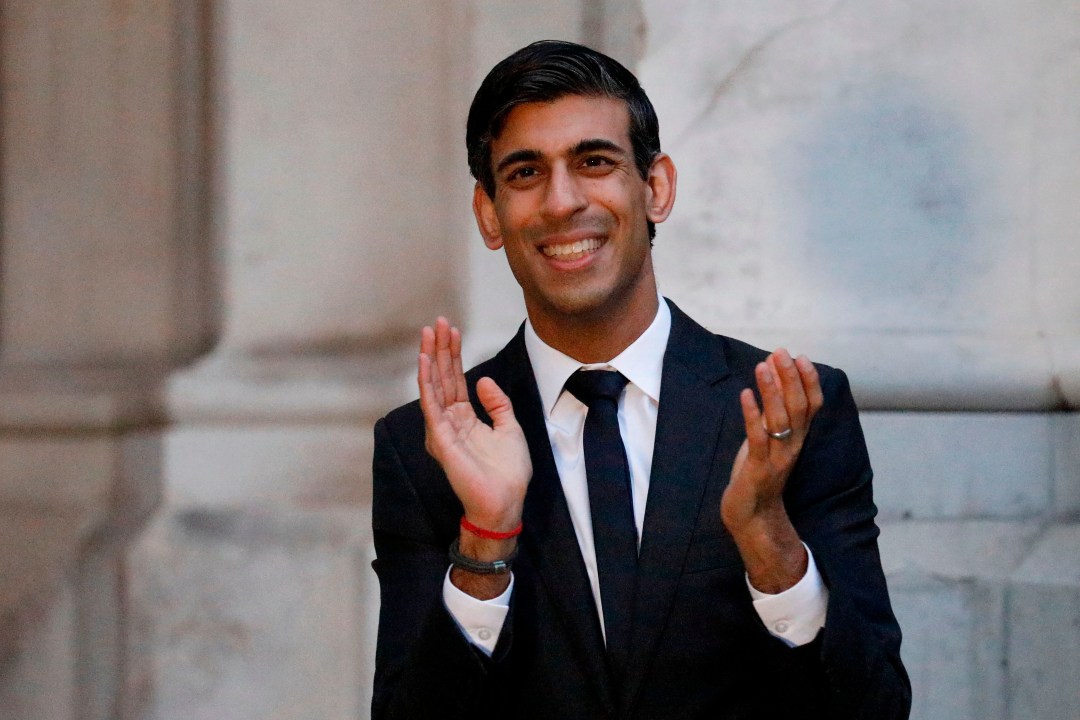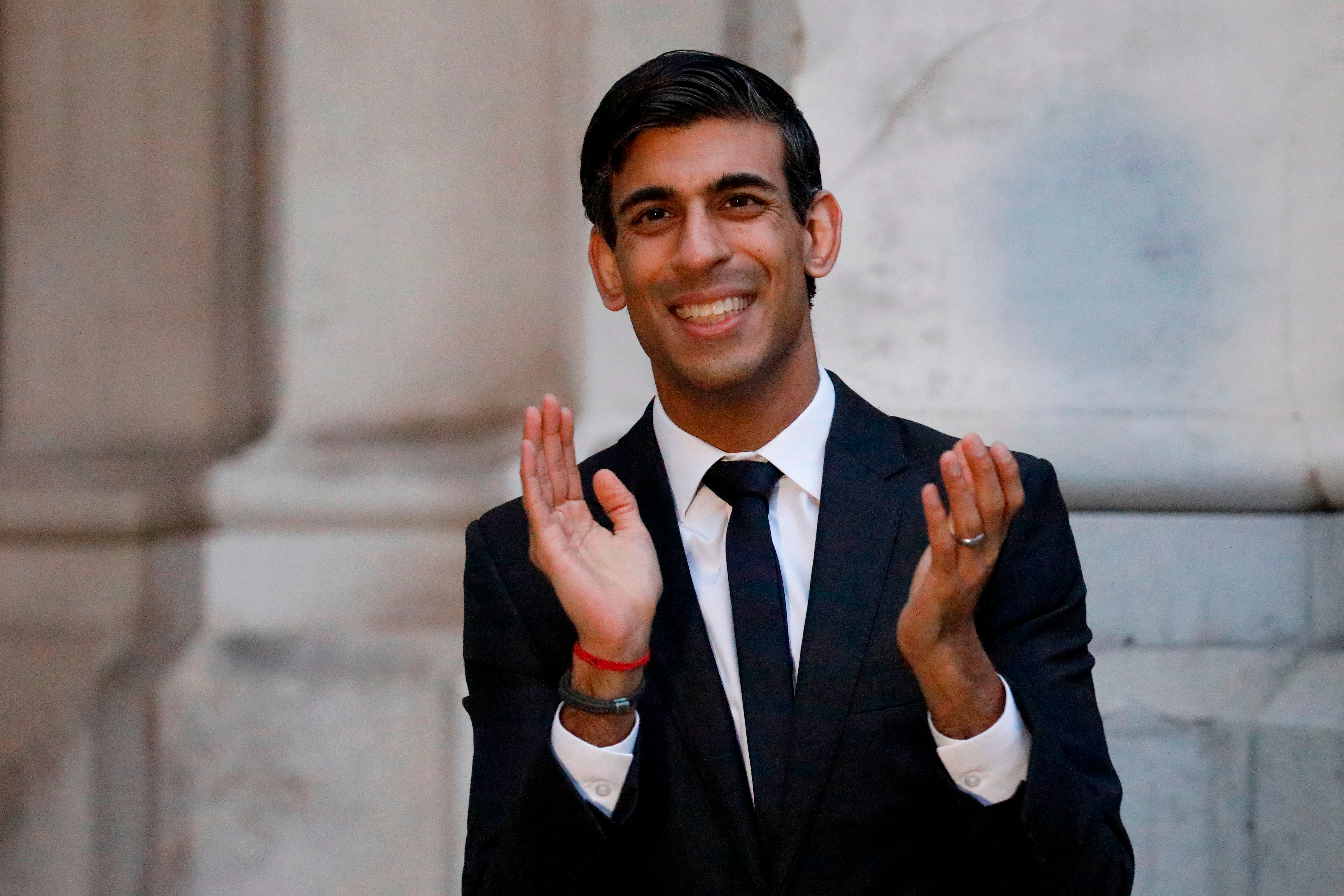When Rishi Sunak gets up at the despatch box tomorrow to announce his spending review, the Chancellor is expected to commit to a public sector pay freeze — with NHS workers exempt. Ever since this was first reported in the media, the idea has met heavy opposition from Labour while Tory politicians have had to get used to being asked on air why their own pay is set to go up at a time when the bulk of public sector workers’ pay is not. That well-trodden answer tends to go along the lines of ‘it’s a matter out of our control as Ipsa (the Independent Parliamentary Standards Authority) sets MPs’ salaries’. However, that is now changing.
The Times reports that MPs will not get their expected 4.1 per cent pay rise of £3,300, next year. This comes after both the Prime Minister and Labour leader Keir Starmer intervened to make their opposition known on the issue. Speaking on Monday, Boris Johnson’s spokesperson said: ‘Given the circumstances, the Prime Minister doesn’t believe that MPs should be receiving a pay rise’.
It’s also the case that several MPs have made the point that any public sector pay freeze must see their own pay frozen, with Steve Baker saying: ‘If necessary, the law must be changed.’ When it comes to calculating MPs’ pay and rises, Ipsa raises MPs’ pay each April by the increase in average public sector earnings over the year to the previous October. It follows that the reported pay freeze for MPs is further evidence of Sunak’s intention to freeze public sector pay tomorrow.
The government’s argument is that although there is opposition, halting wage growth for state employees has to be looked at from a wider perspective. With mass unemployment looming in the wider economy, public sector workers are expected to be largely insulated. It’s the private sector that will be worst affected. The view is that there needs to be a sense of parity and an awareness of the wider employment picture in making these decisions. Sunak is also expected to abandon April’s rise in the national living wage for around two million workers — up 5.6 per cent to £9.21 an hour — on the grounds that it could push struggling coronavirus-hit businesses to breaking point.
MPs receiving a substantial pay rise in the midst of all this would have been an unhelpful distraction for the government — exempting parliamentarians from much of the economic pain that Britons will soon no doubt face.








Comments